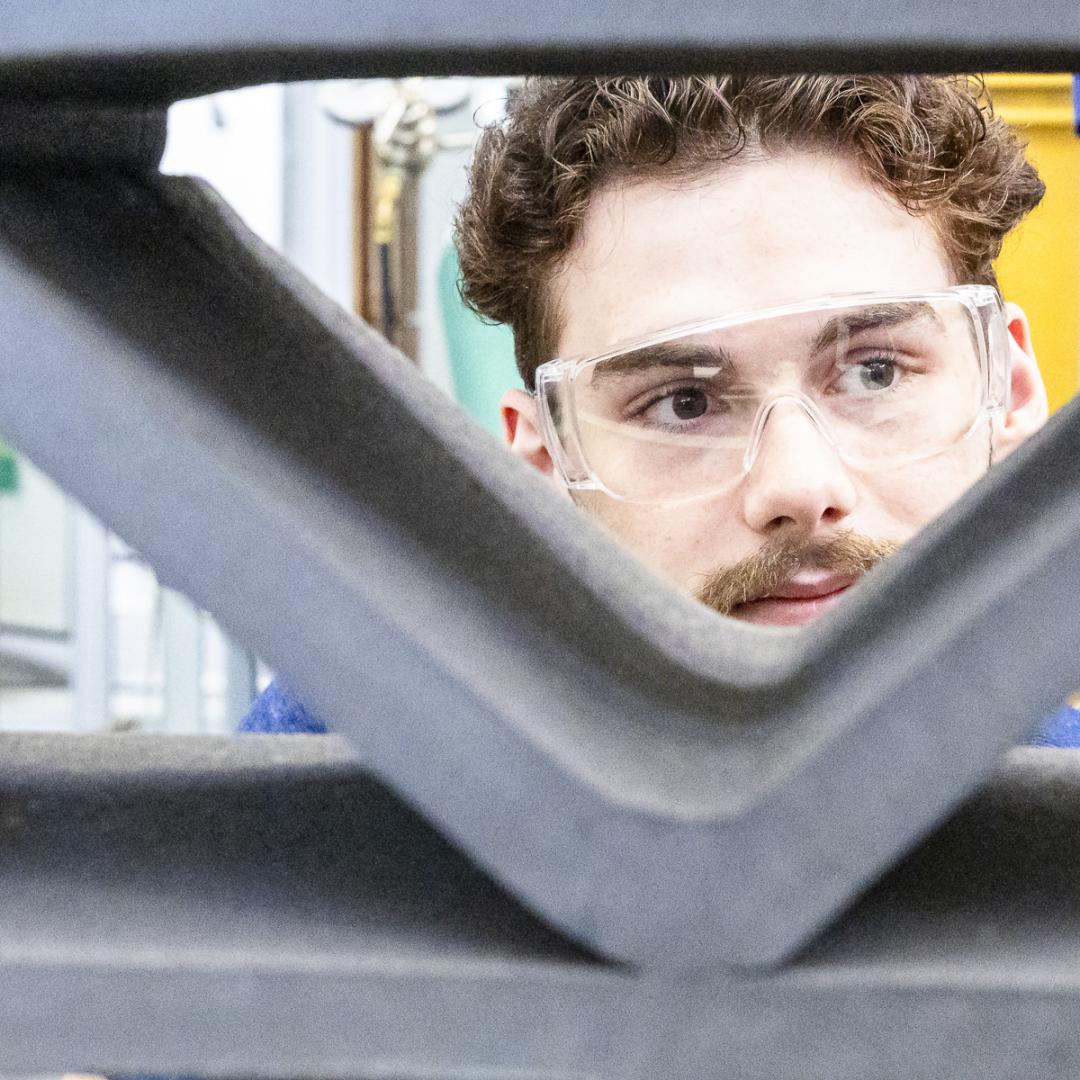Filter News
Area of Research
News Type
News Topics
- (-) Biotechnology (3)
- (-) Critical Materials (2)
- 3-D Printing/Advanced Manufacturing (43)
- Advanced Reactors (21)
- Artificial Intelligence (20)
- Big Data (18)
- Bioenergy (21)
- Biology (5)
- Biomedical (26)
- Buildings (1)
- Chemical Sciences (5)
- Clean Water (7)
- Climate Change (10)
- Composites (3)
- Computer Science (74)
- Coronavirus (23)
- Cybersecurity (9)
- Decarbonization (1)
- Energy Storage (29)
- Environment (48)
- Exascale Computing (5)
- Frontier (3)
- Fusion (18)
- Grid (12)
- High-Performance Computing (3)
- Isotopes (9)
- Machine Learning (13)
- Materials (2)
- Materials Science (57)
- Mathematics (2)
- Mercury (2)
- Microscopy (13)
- Molten Salt (3)
- Nanotechnology (23)
- National Security (2)
- Neutron Science (48)
- Nuclear Energy (48)
- Physics (19)
- Polymers (9)
- Quantum Science (24)
- Security (5)
- Space Exploration (6)
- Summit (26)
- Sustainable Energy (32)
- Transformational Challenge Reactor (5)
- Transportation (27)
Media Contacts
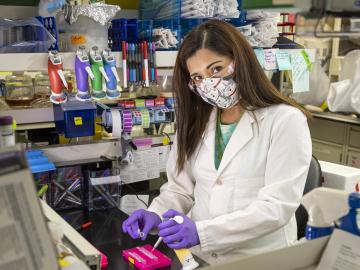
From soda bottles to car bumpers to piping, electronics, and packaging, plastics have become a ubiquitous part of our lives.
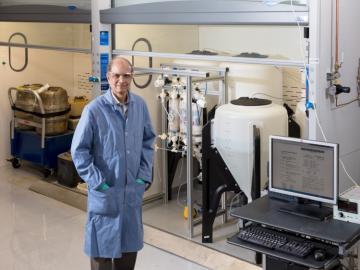
Momentum Technologies Inc., a Dallas, Texas-based materials science company that is focused on extracting critical metals from electronic waste, has licensed an Oak Ridge National Laboratory process for recovering cobalt and other metals from spent
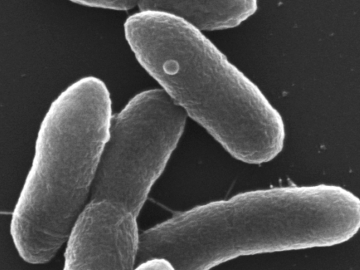
ORNL scientists have modified a single microbe to simultaneously digest five of the most abundant components of lignocellulosic biomass, a big step forward in the development of a cost-effective biochemical conversion process to turn plants into
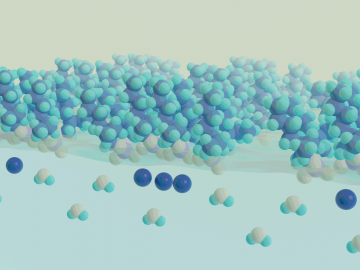
Real-time measurements captured by researchers at ORNL provide missing insight into chemical separations to recover cobalt, a critical raw material used to make batteries and magnets for modern technologies.
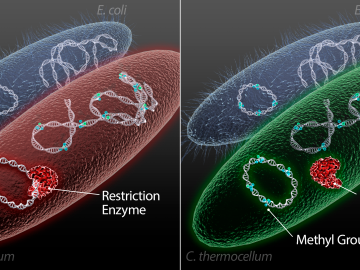
Scientists at the US Department of Energy’s Oak Ridge National Laboratory have demonstrated a method to insert genes into a variety of microorganisms that previously would not accept foreign DNA, with the goal of creating custom microbes to break down plants for bioenergy.



